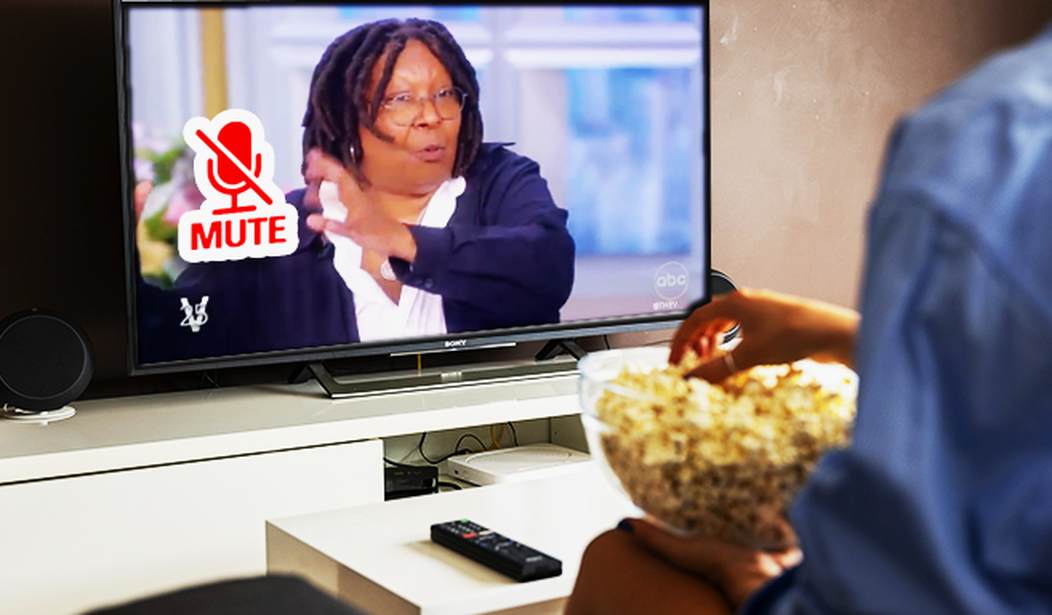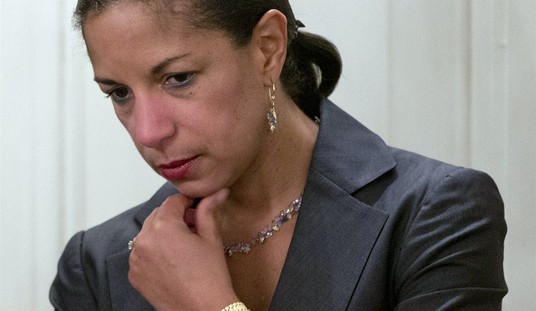“The View” co-host Whoopi Goldberg had another broken clock moment when discussing the popularity of WNBA player Caitlin Clark, who has been praised and pilloried over her recent rise to stardom.
The co-host addressed those criticizing Clark by ascribing her ascendance to her skin color and sexual orientation while ignoring her achievements.
During the conversion, the topic of Clark’s career came up with co-host Sunny Hostin echoing the sentiments of podcaster and professional race-baiter Jemele Hill, who told the Los Angeles Times that Clark’s popularity is a result of her being a White woman.
“We would all be very naive if we didn’t say race and her sexuality played a role in her popularity,” said Hill, now a contributing writer at the Atlantic and host of the “Jemele Hill is Unbothered” podcast. “While so many people are happy for Caitlin’s success — including the players; this has had such an enormous impact on the game — there is a part of it that is a little problematic because of what it says about the worth and the marketability of the players who are already there.”
Hostin expressed similar sentiments, claiming Clark’s rise is due to “white privilege” and the fact that the athlete is straight.
“I do think that there is a thing called pretty privilege. There is a thing called White privilege. There is a thing called tall privilege, and we have to acknowledge that, and so part of it is about race, because if you think about the Brittney Griners of the world, why did she have to go to play in Russia? Because they wouldn’t pay her,” Hostin said, referring to the WNBA.
Goldberg rightly defended Clark by first listing Clark’s accomplishments, including being the NCAA’s all-time leading scorer for men and women basketball players, and scolded those pretending her success is because of her race and sexuality. “That’s like people saying, ‘Oh, you only got into this Ivy League college because you’re Black,’ or you only got this because of this.”
Goldberg continued, insisting that “This girl earned this!” and that “nobody else has done this. So I’m not mad that they gave her a basketball,” referring to the athlete’s limited-edition Wilson basketball.
Goldberg’s comments were 100 percent on point. The notion that it was Clark’s skin color and sexuality that was responsible for her success and not her skills on the court is not only demeaning but inaccurate. Unfortunately, since everything is political these days, folks on the left have taken a tribal stance.
It is the same principle as those who immediately assume that a successful Black or Brown person only achieved their success because of affirmative action/DEI. Instead of looking at these folks as individuals, they are only seeing skin color, which causes them to ignore the accomplishments the person might have.
Ironically enough, people who engage in this dishonest tribal behavior are doing the very opposite of what Dr. Martin Luther King Jr. preached. They are not judging people on their merit or content of character; they are judging them purely on their physical appearance – and, in many cases, their politics.
This tendency is another symptom of a divided nation. In many ways, we have gotten to the point where folks cannot divorce politics from everyday life. Whether or not an athlete is successful should not involve race at all. Yet, it does.
The left has certainly fomented most of this by racializing everything to further their agenda. But the right has been catching up, emulating some of the behaviors of those they claim to oppose. When the Francis Scott Key Bridge collapsed in Baltimore, Maryland, many on the right were quick to blame DEI, even in the absence of evidence that the practice had anything to do with the crash. Some even referred to Mayor Brandon Scott as a “DEI mayor,” which makes absolutely no sense given that he was elected by his constituents.
In this political climate, it is becoming even more important to make sure we are holding to the principle that people should be judged based on their character and merit instead of passing summary judgments based on skin color. If we don’t, the division in America will only grow wider.













